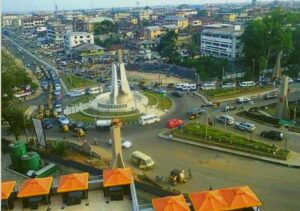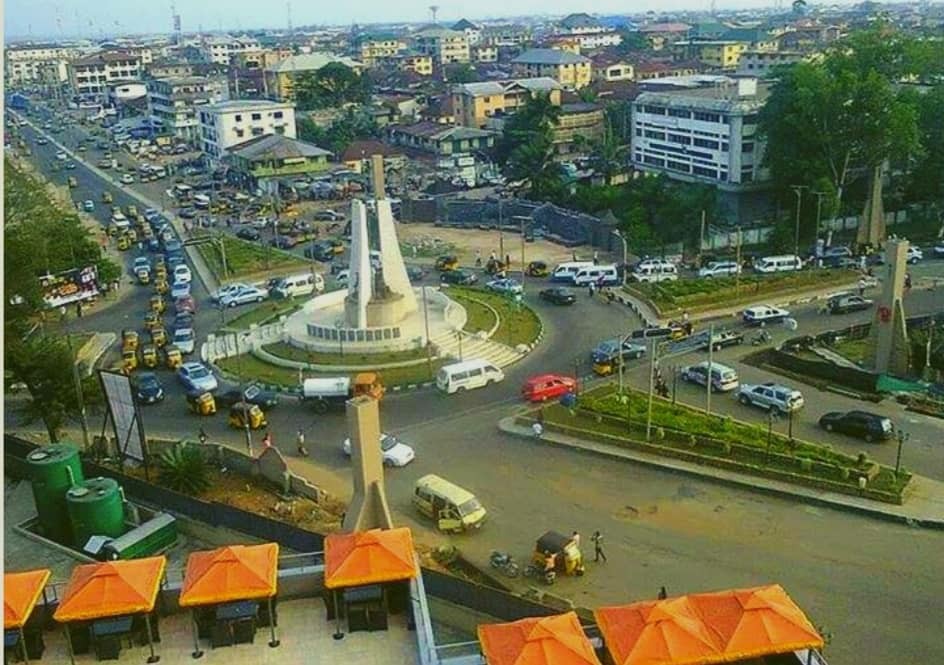February 18, 2025

Imo State is currently most expensive state to live in Nigeria, it emerged following National Bureau of Statistics, NBS, rebasing of the Consumer Price Index, CPI.
Bauchi state had held the top spot for seven consecutive months, before it dethronement, marking a significant shift in Nigeria’s inflation rankings.
The change came after the NBS updated its methodology, adjusting the base year from 2009 to 2024, revising the weighting structure, and expanding the consumer basket to better reflect household spending patterns.
In the last seven months, Bauchi had led Nigeria’s inflation charts, holding the highest cost of living since May 2024 after unseating Kogi. Going by the latest rebasing by NBS, the all-items inflation rate in Bauchi is no longer the highest, with Imo now taking the lead at 17.77 per cent in January 2025.
Imo state was ranked 35th among Nigerian states before the rebasing in terms of living costs, this has made it sudden rise to the top one of the most drastic shift.
Latest data from the NBS, showed that Imo’s food inflation stood at 16.80 per cent, further emphasizing the steep cost of food items in the state. In comparison, Bauchi, which once recorded the highest inflation figures, no longer ranks among the most expensive states due to the revised methodology.
The all-item inflation rate in Bauchi, dropped from 44.06% in December 2025 to 10.06% while food inflation moved from 39.37% to 12.79%, with the state moving from number one to the 17th most expensive state in the country by January 2025.
NBS’s rebasing exercise had incorporated new household consumption data and a broader variety of goods and services into the CPI calculation.
While the previous methodology heavily weighted food inflation, which contributed to Bauchi’s prolonged stay at the top of the ranking, the latest rebasing redistributed weights across sectors, reducing the emphasis on food while incorporating housing, utilities, and services. These have become major price drivers in urbanized states like Imo.
The state new ranking is largely caused by the rising cost of housing and transportation coupled with higher prices of essential goods and services.
The National Bureau of Statistics, NBS’s decision to rebase the Consumer Price Index, CPI, is aimed at improving the accuracy of inflation tracking. The new methodology reflects changing consumption patterns and incorporates more up-to-date price data.
READ MORE; Rebase Is To Reflect The Evolving Structure Of The Country’s Economy – NBS
Before the rebasing, food accounted for over 50 per cent of the CPI calculation, but with the revised structure, the influence of food prices has been reduced to 40 per cent. The updated CPI also includes more product varieties, increasing from 740 to 934 items, and now tracks expenditure on services more comprehensively.
Meanwhile, the change from the Dutot index to the Jevon index in computing price movements has made the inflation measure more reflective of real price shifts. The new structure better accounts for price variations between product categories and ensures that Nigeria’s inflation data aligns with global best practices.
While the rebasing has led to a sharp decline in reported inflation figures, the underlying cost-of-living challenges remain for Nigerian households. Residents of Imo, Ebonyi, and other highly ranked states still face high prices for essential goods and services, even though the reported inflation rates are now lower than before.
The rebased CPI has, however, provided a more accurate representation of inflationary pressures, shifting the focus from just food prices to a broader range of expenses.




